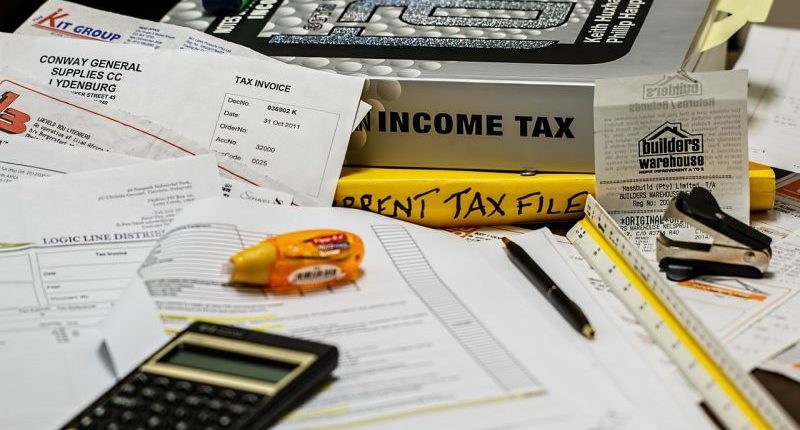The Government has introduced Faceless Appeal Scheme 2020 with effect from 25 September 2020 enabling faceless filing and hearing of appeals in income tax matters.
Under the scheme, an automated allocation system will facilitate random allocation of cases using artificial intelligence and other suitable technology. An automated examination tool will facilitate examination of draft orders using technology. Hence, the use of artificial intelligence will eliminate discretion in the examination and selection of cases.
The proceedings in tax appeals will be through an ‘e-appeal’ facility under the registered account of the appellant in a specifically designated web portal for e-appeals.
The filing of an e-appeal will be through the registered account of the appellant. The National Faceless Appeal Centre (NFAC) will intimate the admission or rejection of an appeal to the appellant. The parties can file submissions through their registered accounts. Also, the appellant or the authorised representative can communicate with the NFAC electronically through e-mails and other specified electronic modes.
The NFAC will be the central authority vested with the powers to facilitate the e-appeal proceedings and also dispose of the appeal. Similarly, Regional Faceless Appeal Centres vested with powers to facilitate and dispose of the appeal. The four regional centres are in New Delhi, Mumbai, Chennai and Kolkata.
Also Read: All ITR forms for FY 2019-20 available on e-filing portal
Appeal units will in each region conduct the e-appeal proceedings including admitting additional grounds of appeal, making inquiries, seeking information, hearing the appeal amongst other functions. The NFAC will assign the appeal to the appeal units. However, all the communications between the appeal unit and the parties to an appeal will be through the NFAC. The regional Commissioners of Income Tax (Appeal unit) will act as the appeal units.
The requirement to appear personally or through an authorised representative is no longer applicable. However, the parties can place a request for an oral hearing before the appeal unit subject to the approval of the Chief Commissioner. Also, the facility of video conferencing or video telephony will be available to facilitate the appeal proceedings.
All records submitted should be authenticated either using the digital signature or under the electronic verification code.
The NFAC will provide an electronic copy of the order by affixing its digital signature. The parties to the appeal will receive the order in their registered e-mail id and a real-time alert. The parties to the e-appeal can challenge the order passed by the National Faceless Appeal Centre by filing an appeal with the Income Tax Appellate Tribunal.
For any clarifications/feedback on the topic, please contact the writer at sweta.dugar@cleartax.in
I am a Chartered Accountant by profession. I specialise in personal taxes and corporate income tax matters. I am an avid reader and track developments in financial markets, economy and other market developments.





